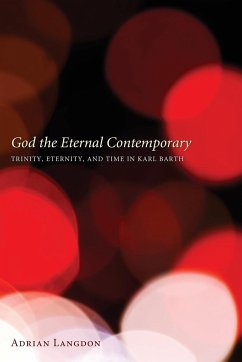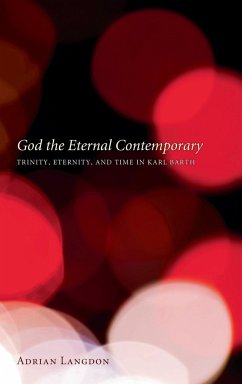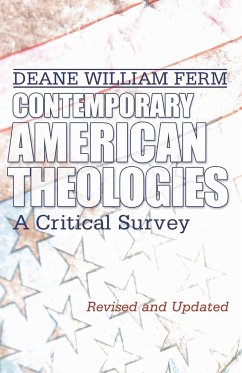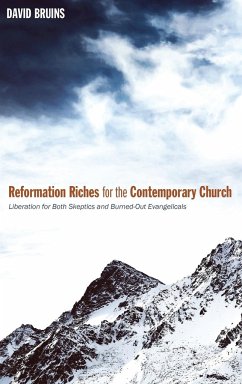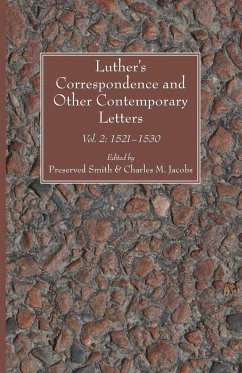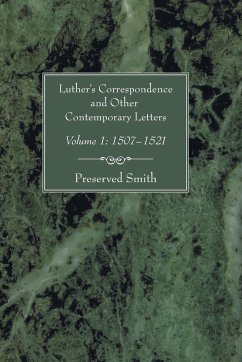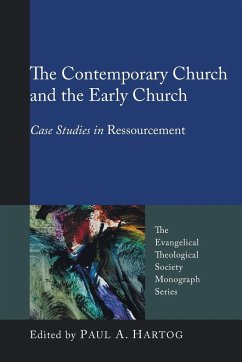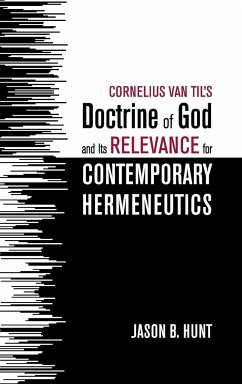The relation of the eternal God to time and history has perplexed theologians and philosophers for centuries. How can Christians describe a God who is distinct from time but acts within it? This book presents one creative and profound approach to this perennial theme by examining the theology of Karl Barth. Contrary to interpretations of Barth that suggest he held a view of eternity as abstracted from time and history, this comprehensive study suggests that he provides a more complex and fruitful understanding. Rather than defining eternity in a negative relation to time, Barth relates eternity and time with reference to such doctrines as the Trinity and incarnation. This ensures overcoming what he saw as the "Babylonian Captivity" of an abstract philosophical definition of eternity that developed in the Western tradition. The central argument of the book suggests an analogia trinitaria temporis, a basic analogy between the eternal being of God and God's creating and activity within time. Also, implicit in Barth's view is a narrative view of time, similar to the view of Paul Ricoeur, which unfolds as the Church Dogmatics develops.
Hinweis: Dieser Artikel kann nur an eine deutsche Lieferadresse ausgeliefert werden.
Hinweis: Dieser Artikel kann nur an eine deutsche Lieferadresse ausgeliefert werden.

